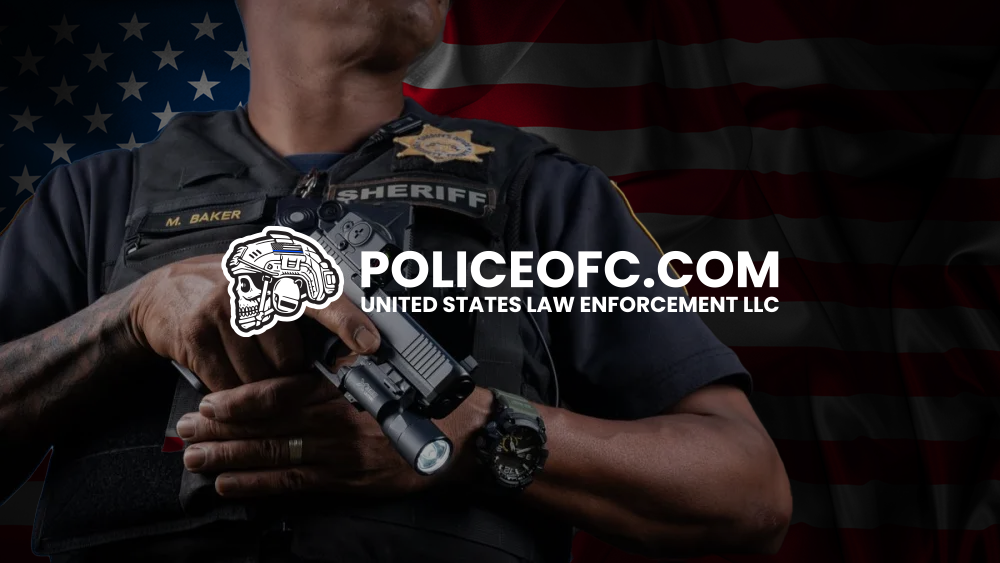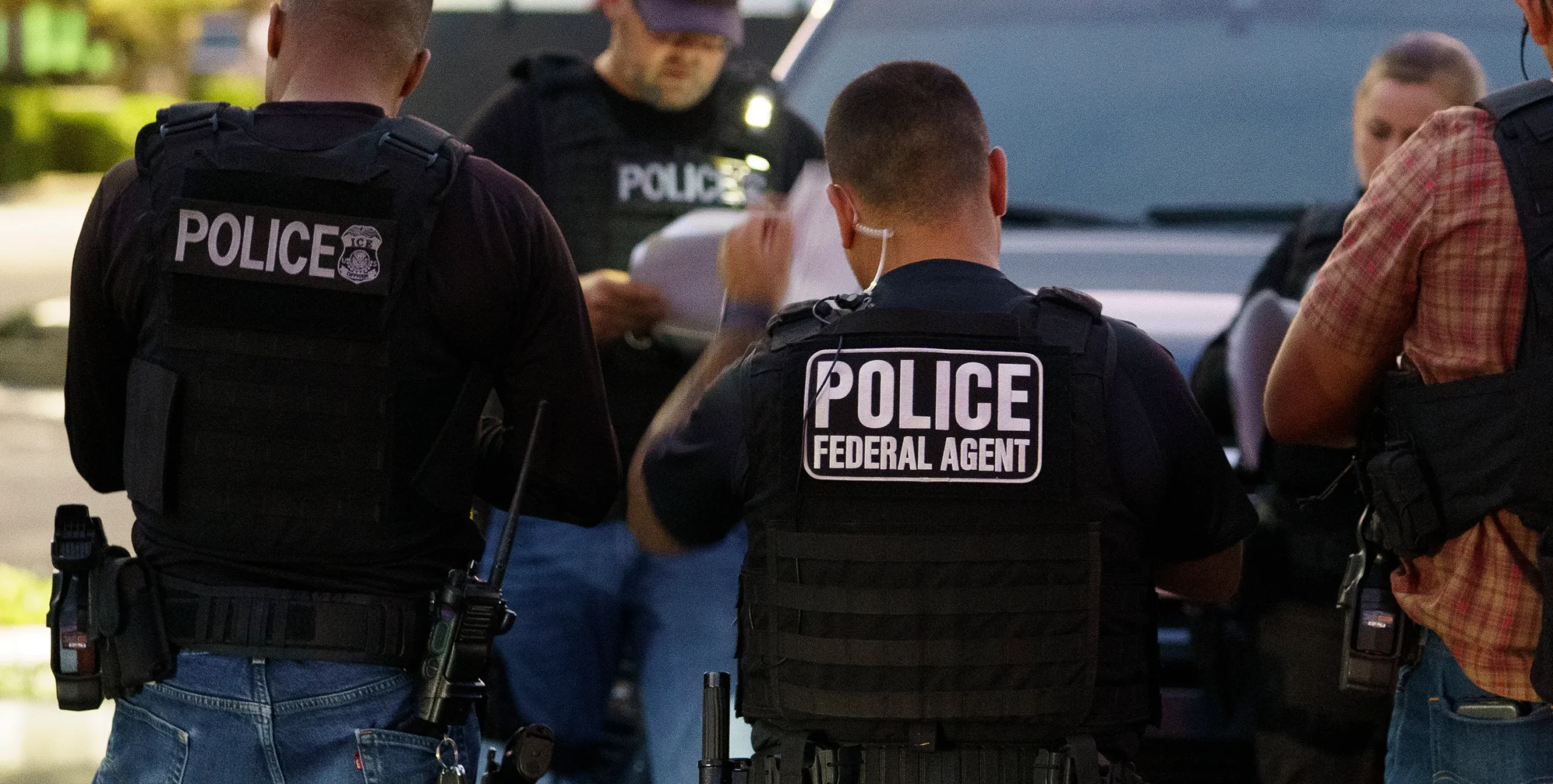
The role of a police officer is multifaceted, demanding not only physical prowess but also a range of soft skills, emotional intelligence, and a strong moral compass. Yet, the hiring process for many police departments often misses the mark, leading to a range of issues, from decreased public trust to increased officer turnover. Let’s dive into the reasons behind these shortcomings and explore potential solutions.
The Current State of Police Officer Hiring
The Importance of Effective Hiring
Hiring the right police officers is crucial for the safety and well-being of the community. Effective hiring ensures that officers are equipped to handle the complexities of their role, from de-escalating tense situations to building positive relationships with community members.
Common Mistakes in the Hiring Process
Despite its importance, many police departments make critical errors during the hiring process. These mistakes can range from overlooking essential soft skills to biases that prevent the selection of the best candidates.
Why Traditional Hiring Methods Fall Short
Over-reliance on Physical Tests

While physical fitness is undeniably important for a police officer, overemphasizing this aspect can overshadow other crucial qualities. After all, not every police interaction requires physical intervention, but every interaction does require communication, understanding, and empathy.
Neglecting Soft Skills
Soft skills such as communication, problem-solving, and empathy are often sidelined in the hiring process. Yet, these skills are vital for officers interacting with diverse communities, mediating conflicts, and building trust.
Bias in the Selection Process
Unconscious biases can creep into the hiring process, leading to a lack of diversity in the police force. This lack of representation can further erode public trust and hinder community policing efforts.
The Consequences of Ineffective Hiring
Decreased Public Trust
When police departments fail to hire officers who reflect and understand their communities, it can lead to a disconnect and a loss of public trust. This trust is essential for effective policing and community safety.

Increased Officer Turnover
Hiring the wrong candidates can lead to higher turnover rates, as officers may feel ill-equipped for their roles or face community backlash. This disrupts the department’s operations and results in financial losses due to recruitment and training costs.
Financial Implications
Ineffective hiring can be costly. The financial implications can be significant, from the expenses of repeated recruitment processes to potential lawsuits arising from officer misconduct.
Solutions to Improve the Hiring Process
Emphasizing Soft Skills and Emotional Intelligence
By prioritizing soft skills and emotional intelligence in the hiring process, police departments can ensure they’re recruiting officers who are truly fit for the role in all its complexities.
Implementing Unbiased Selection Methods
Using tools and techniques to minimize bias can help ensure a more diverse and representative police force better equipped to serve its community.
Continuous Training and Development
Hiring is just the first step. Continuous training and development ensure that officers remain equipped to handle the evolving challenges of their roles.
Conclusion
The hiring process for police officers is critical in shaping the future of policing and community relations. By addressing the shortcomings of traditional hiring methods and implementing more holistic and unbiased approaches, we can pave the way for a more effective, trustworthy, and community-centric police force.
FAQs
Physical tests have historically been seen as a straightforward way to assess a candidate’s fitness for the role. However, the complexities of modern policing require a more balanced approach.
Implementing blind recruitment processes, standardized interview questions, and providing unconscious bias training can help reduce biases.
Soft skills enable officers to communicate effectively, build trust with the community, and de-escalate potentially volatile situations.
Costs can arise from repeated recruitment processes, training, potential lawsuits, and the operational disruptions caused by high turnover rates.
Continuous training ensures officers are up-to-date with the latest techniques, laws, and community engagement strategies, enabling them to serve more effectively.




